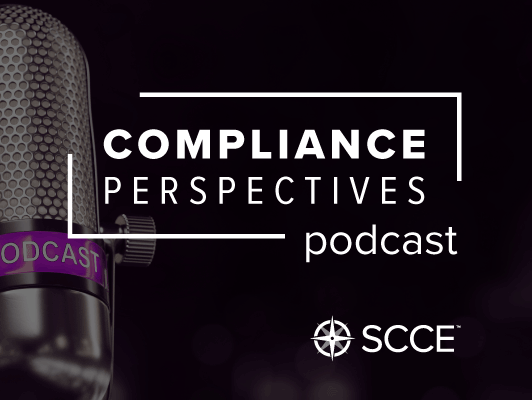Podcast: Play in new window | Download (Duration: 16:14 — 14.9MB)
Subscribe: Apple Podcasts | Email | TuneIn | RSS
For a time monitorships were, if not endangered, out of favor. After many years of embracing them, the US Department of Justice had begun calling for cost benefit analyses and looking for alternatives.
Then in 2021 Deputy Attorney General Lisa Monaco gave a speech announcing that the previous policy had been rescinded and that more monitorships would be coming in deferred prosecution agreements (DPAs) and non-prosecution agreements (NPAs). “I am making clear that the department is free to require the imposition of independent monitors whenever it is appropriate to do so in order to satisfy our prosecutors that a company is living up to its compliance and disclosure obligations under the DPA or NPA.”
In this podcast Dykema’s Mark Chutkow and Jason Ross explain what to expect when a monitor is appointed. First, recognize that different monitors will approach the job differently. You will need to understand if they are pragmatic, open-minded, familiar with the industry’s risk and challenges, and have a record as a monitor.
Typically, these questions are already answered since companies generally have a say in who their monitor will be. But, if your organization is the exception, do your homework on the monitor.
Take time, too, to understand what the scope of the monitorship is.
Also, make sure employees understand the role and benefits of a monitor. Leadership and the compliance team need to work to reduce any negative impressions that employees may have so as to facilitate a construction relationship. To that end, take the time to educate employees that the monitorship will, in the long run, help them.
Once the monitor arrives, expect him or her to want to conduct interviews with individual at all levels of the organization in an effort to better understand the company. The monitor will likely want to understand the pressures middle managers are under and the expectations they are setting for those who report to them. Front line workers will likely be asked if they are comfortable speaking up and raising issues. The monitor may even reach out to customers and suppliers.
As for the compliance program, itself, expect the monitor to focus on whether it is properly resourced and implemented.
Turning to the ongoing working relationship during the monitorship, they warn that there will be tension periodically since the monitor is an outsider, but there needs to be some level of unity to ensure that the relationship is productive.
Finally, they discuss the importance of metrics. The DOJ has made it clear that it expects data analytics from organizations when it comes to their compliance programs.
Listen in to learn more about the changes and how to prepare for and succeed during a monitorship.


